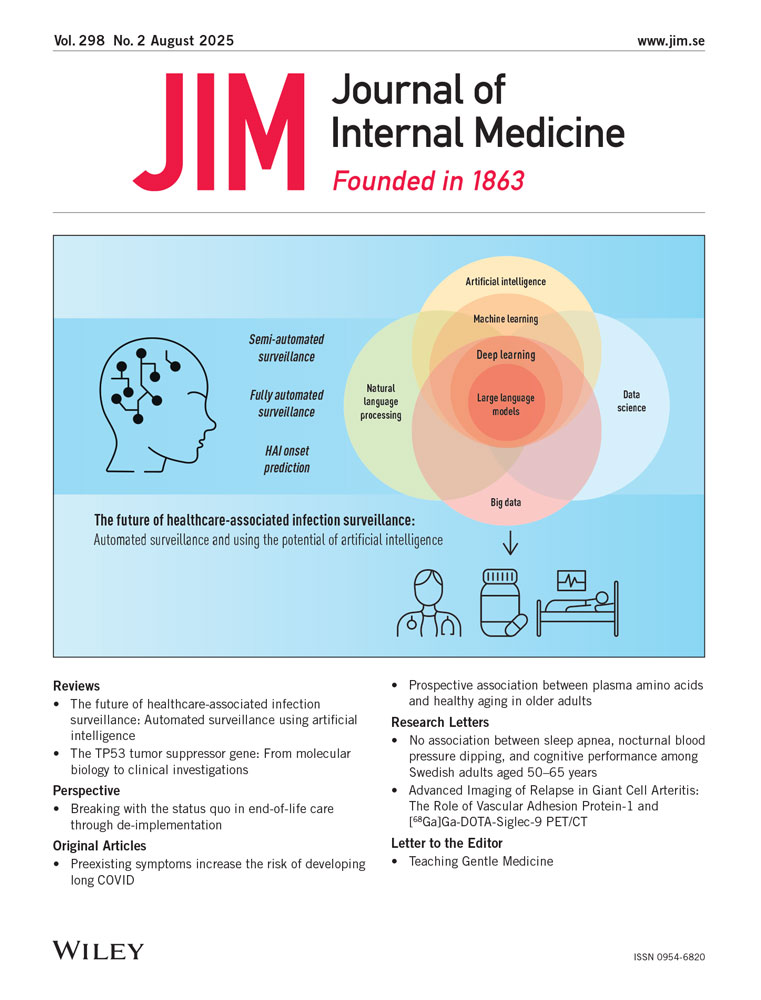Do inherited prothrombotic factors have a role in myocardial infarction with normal coronary arteriogram?
Erratum Unfortunately, the article by Cheng that appeared in the December 1998 issue of the Journal of Internal Medicine was published without the author's corrections to the proof. The publisher apologizes for this omission and the article is republished on the following pages in its entirety.
D ear S ir, several inherited prothrombotic anomalies, such as antithrombin III, protein C or protein S deficiencies, factor V Leiden and factor II variant, have been established as risk factors for venous thromboembolism [ 1]. By contrast, involvement of inherited prothrombotic anomalies in coronary thrombosis is still a matter of debate [ 2, 3]. We have conducted a retrospective study to explore the prevalence of inherited prothrombotic factors in an uncommon population of acute myocardial infarction without any evidence of atheroma on coronary arteriogram.
Two hundred and three patients aged 24–40 (mean ± SD: 32 ± 5) years admitted to the Cardiology Department, Nantes University Hospital, were diagnosed with a first acute myocardial infarction between 1 January 1986 and 1 May 1997. Criteria for myocardial infarction were defined by evidence of symptoms, elevated enzymes, electrocardiographic changes and localized anomalies in ventricular kinetics. Only patients without any evidence of atheroma on coronary arteriogram were selected (n = 26). All were alive at the time of the study. Fourteen patients (12 males, two females) out of 26 were recruited. Of the 12 remaining patients three were excluded because of an acquired cause of thrombophilia (two nephrotic syndrome, one thrombocytosis), eight could not be located and one refused to participate. The 14 enrolled patients were interviewed with about atherosclerotic factors preceding acute myocardial infarction: all but one had at least one identified risk factor with special representation of smokers (71%) and hypercholesterolaemia (57%) (mean ± SD: 2.92 ± 0.46 g L−1).
Blood samples were obtained from the antecubital vein between 3 months and 10 years after the myocardial infarction. Samples were sent blinded to the laboratory. The presence of a factor II variant (20210 A allele) or a factor V Leiden (R506Q) was determined using a specific polymerase chain amplification and Hind III digestion [ 4]. For protein C and protein S, activities were determined by clotting assays and antigenic values using an ELISA test (Diagnostica Stago, France). Antithrombin III activity was measured using amidolytic substrates (Diagnostica Stago). Normal values of protein C and protein S were defined as between 70 and 130%. The same biological assays were also performed in a sex- and age-matched control group of healthy subjects (n = 28).
Results demonstrated an increased prevalence of genetic variants in patients with myocardial infarction as compared to the control group (Fisher's exact test; P < 0.02). Thirty-six per cent of the cases (5/14) carried an inherited prothrombotic factor: three males were heterozygous for factor V Leiden; protein C deficiency was found in one female (activity: 58%; antigen: 63%), and protein S deficiency in the other female (activity: 39%; antigen: 47%). None of the patients carried a factor II mutation or antithrombin III deficiency. Only one healthy subject from the control group carried an inherited prothrombotic factor (heterozygous for factor V Leiden).
This is the first study to raise inherited prothrombotic disorders as potential risk factors for coronary thrombosis in patients with normal coronary arteriogram. It legitimates a large-scale prospective study (to be conducted) that will further elucidate the deleterious role of inherited prothrombotic factors in such a population.
References
Received 2 June 1998; accepted 20 July 1998.




